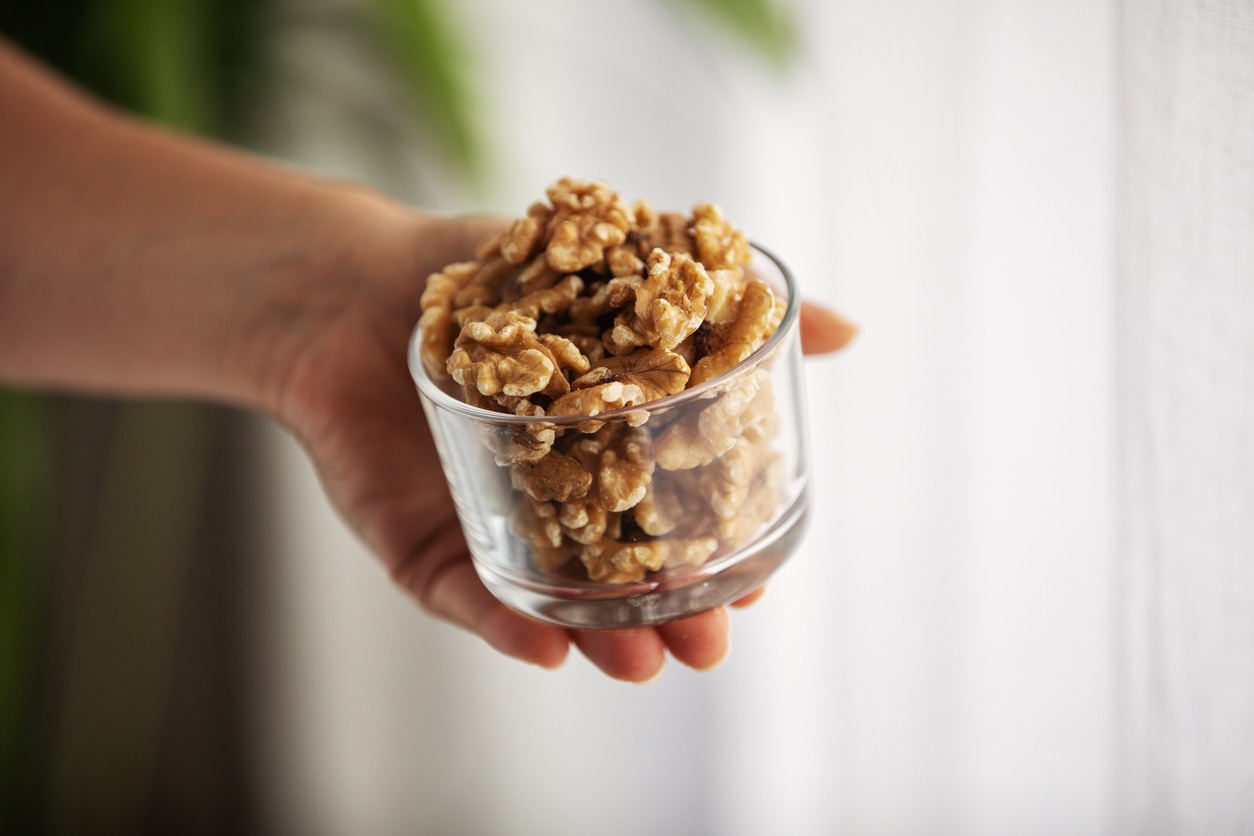Research suggests that what happens in the gut affects our whole body. Studies have linked strong gut health with improved digestion, mental health, skin health, and heart health. And in addition to all of this, 70 percent of the immune system is located in the gut, which means it helps us fight off colds, flu, and other viruses, too.
Given all of this, it just makes good sense that our guts are protected by a barrier: the intestinal wall. But what happens when this barrier isn’t as tight as it should be? Some experts (but not all) believe this is a condition called leaky gut syndrome, which, they maintain, might be linked to several chronic diseases.
What is a leaky gut?
It’s important to note that not all medical experts agree that leaky gut syndrome exists, and if you go to a doctor, they’re unlikely to diagnose you with it. They might, however, mention “increased intestinal permeability.”
“[Increased intestinal permeability] is when the cells that line the intestine are not tightly bound together,” Betsy Redmond, PhD, MMSc, RDN, explains to VegNews. “In a healthy gut, intestinal cells are lined up tightly together and strictly control what comes in and out”
 bymuratdeniz
bymuratdeniz
In a healthy gut, what comes in and out is simply water and nutrients. But a more permeable gut, or “leaky gut,” may allow bacteria and toxins through into the bloodstream. This might start to cause inflammation in the rest of the body, which could trigger an immune reaction.
Leaky gut, according to Redmond, might be associated with gluten for some people, as well as “imbalanced gut bacteria (dysbiosis), impaired digestion, increased inflammation, increased NSAID (ibuprofen) use, alcohol, and smoking.”
What is leaky gut syndrome?
While most medical professionals agree that increased intestinal permeability exists, they don’t all agree on “leaky gut syndrome.”
The difference between leaky gut and leaky gut syndrome is that while the former is considered a symptom, the latter is a condition.
 Moyo Studio
Moyo Studio
Some experts believe that inflammation associated with diseases like Crohn’s disease or celiac disease, for example, might lead to increased intestinal permeability. However, other experts who believe leaky gut syndrome exists maintain it might be the other way around: a leaky gut can cause diseases, including type 1 diabetes, irritable bowel syndrome, and celiac.
“Proponents of leaky gut syndrome claim it’s the underlying cause of most modern health problems,” notes Becky Bell, MS, RD, for Healthline. “Indeed, plenty of studies have shown that increased intestinal permeability is present in several chronic diseases, specifically autoimmune disorders.”
“However, it is difficult to prove that leaky gut is the cause of disease. Skeptics argue that increased intestinal permeability is a symptom of chronic disease, rather than an underlying cause,” she adds.
What are the symptoms of leaky gut syndrome?
Bell explains that the “supposed” symptoms of leaky gut include “bloating, food sensitivities, fatigue, digestive issues, and skin problems.”
It’s important to note that this may have to do with what’s going on inside the gut, rather than what’s leaking outside of it. Research suggests, for example, that many people with acne tend to lack certain strains of good bacteria in their guts. Studies have also noted that individuals who suffer from excessive fatigue may have less bacterial diversity in their guts.
 Mehmet Onur Bozkurt
Mehmet Onur Bozkurt
BECOME A VEGNEWS VIP: Get exclusive product deals, freebies, and perks galore!
Can diet help with leaky gut?
Regardless of where they believe the problem is in the gut, expert advice tends to consistently lead back to eating more plants.
Jennifer Navaroli Hunter, MPH, RD, LDN, previously explained to VegNews that plant-based, whole foods are high in fiber and resistant starch, which helps feed the healthy bacteria in our guts.
Monisha Bhanote, MD, ABOIM, FCAP, ACCM, a plant-based gut physician who is a proponent of leaky gut syndrome, gives similar advice to her patients.
“The integrity of the gut lining can be significantly improved by incorporating a variety of fiber-rich vegetables, fruits, and legumes into your diet,” she explains to VegNews.
“Plant-based foods promote the growth of beneficial gut bacteria, which play a crucial role in maintaining intestinal health,” Bhanote says.
A few of the foods she advises include fermented, probiotic-rich ingredients, like kimchi and miso, as well as aloe vera, flaxseeds, chia seeds, and walnuts, which are anti-inflammatory and, she maintains, may help repair the gut lining. Bhanote advises people to stay away from processed foods, which may irritate the gut lining and increase inflammation due to ingredients like refined sugars and artificial sweeteners.
“Gluten, found in wheat, barley, and rye, can increase intestinal permeability in some individuals, while dairy products may cause irritation, inflammation, or sensitivity,” she continues. “By focusing on whole, unprocessed plant-based foods and avoiding these potential irritants, you can effectively heal your gut, enhance overall health, and achieve long-term vitality.”
For more on following a diet rich in plant-based whole foods, find our guide here.
For more plant-based stories like this, read:
JUMP TO ... Latest News | Recipes | Guides | Health | Subscribe









